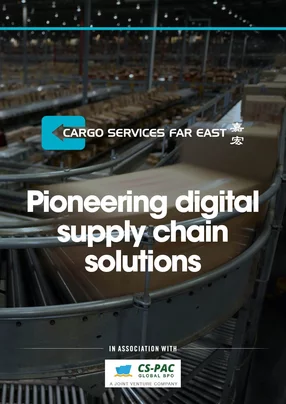Cargo Services Far East: digital transformation of supply chain solutions
Cargo Services Far East (CSFE) has become a leading integrated logistics solutions provider since its founding by John Lau in 1990. Taking command of the wider Cargo Services Group’s operations in the Far East with strong operational footprints in China, Hong Kong, Singapore, the UK, the US, Australia and more besides, CSFE combines an extensive offering with a culture of customer-centricity that has historically driven enhancement of its operations. In the age of digital transformation, the firm is taking the opportunity to maximise the suitability of its supply chain services to a broad range of industries and customer types like never before, placing focus on visibility and transparency while optimising its internal operations and implementing automation.
Josephine Lee, Deputy Process Officer at CSFE, says the qualities of the industry make for a challenging but exciting prospect when it comes to overhauling operations through disruptive technological solutions. “Because of the uniqueness of the industry, quite a lot of operations across projects involve a range of different parties,” she says. “Supply chains consist of big, global contracts, and every party needs to be connected together. It involves a lot of interaction. In the past, most of these interactions would take place by telephone or fax or similar channels. Nowadays, everyone is looking for transparency and visibility. We have to transform ourselves from the traditional way to the modern way.” Lee notes that CSFE has placed a particular focus on incorporating best-in-class solutions, with LIMA being one such example. The outset of the firm’s digital transformation was marked by LIMA’s implementation, and the capabilities of the Purchase Order (PO) Management Visibility solution have been enhanced in response to the aforementioned customer demand for increased visibility. “LIMA gets all the parties together in a single platform to see all of the shipments with the same level of transparency. With it, every checkpoint from a shipment’s origin to destination is tracked by LIMA,” she says. The scope for CSFE’s transparency across the supply chain goes beyond the status of a shipment, with Lee adding that the product lifecycle management (PLM) software in place spans from sourcing through to shelf. “All parties are able to view every detail of the shipment before it arrives at customs. As a logistics operator in Asia, incorporating LIMA at the beginning of our transformation, offering customers and shippers a high level of transparency, was a very pioneering approach.”
CSFE is also leveraging Big Data and artificial intelligence (AI) to augment the information presented with predictive and analytical solutions that can elucidate the true value of the supply chain’s data. “From 2016, we have been gathering all of our business data with the consent of our customers, and using it to help them analyse business patterns and behaviours from past years. We developed our own data analysis capabilities using Microsoft’s data solutions,” says Lee. AI is being applied to enhance this analytical offering, tailoring the insights to the respective company’s own business patterns and offering an intelligent perspective for their strategies. “By leveraging AI technology, we empower our role as a freight manager for our customers. In the supply chain process, the freight manager helps the customer to coordinate and monitor the shipments from end to end. We can provide them with insight, predictions for potential hurdles between shipments and how we can overcome those hurdles, as well as using that historical data to prevent future problems,” explains Lee. “The two major areas of benefit to the customer are in managing data efficiency and reducing costs.”
Ensuring the benefits of these fresh technologies are realised in full, CSFE has placed a significant focus on managing its internal culture. “The number one concern is how to change the culture effectively, because people are the most critical element,” says Lee. “Initially, it was challenging because people found it difficult to see how they could help us to conduct the transformation and achieve a positive result. People are pretty conventional; they are generally much more willing to follow instructions rather than be part of the change or innovation.” To rise to this challenge, CSFE has incorporated a culture of open communication between upper management and the rest of the organisation. “We understand that communication is the most crucial part of change management,” says Lee. “Our chairman has been personally involved in this. He spends time devising workshops, sharing sessions and management briefings to help staff at all levels appreciate the benefits of the transformation.” Lee adds that this work represents a break from traditional managerial methods in the region, replicating a model that has been effective in Western organisations. “In the East, particularly in China, it is not common practice for a chairman to come out and deliver a workshop and directly share their vision for the company,” she says. “This type of communication is much more common in the West, and we always hear it is the best practice.”
Looking forward, Lee says automation is a key area that the company is set to explore. It has already introduced a robust warehouse management system that has been developed in-house, known as eCWMS, for its customers, along with radio frequency technology to maximise the efficiency of inventory management and cargo delivery. However, Lee stresses that CSFE is always looking for the next way to innovate for its customers. “I would say that around 70% of the operations are still very manual,” she says. “The digitalisation and automation of these processes is a key part of our plan for the next five years, and we will also adopt more Big Data and other electronic data interchange (EDI) solutions.” Along with shifting more processes over to the cloud to increase operational flexibility, Lee is confident the company will continue to be a pioneering leader in the industry.
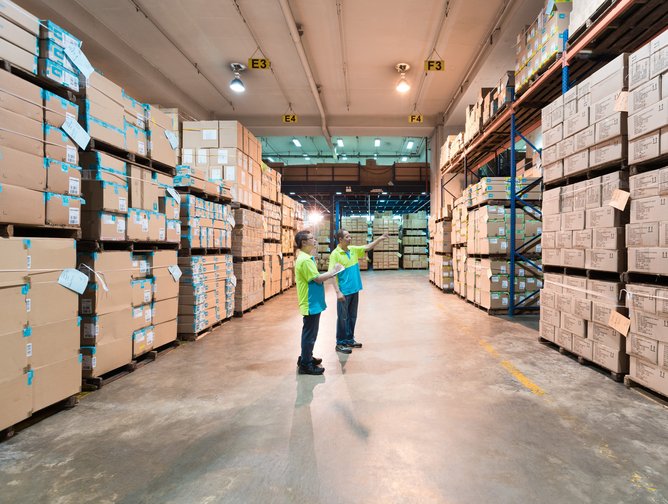
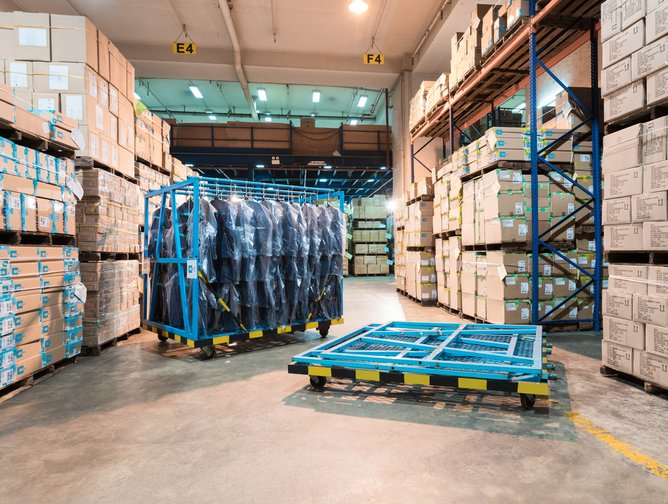
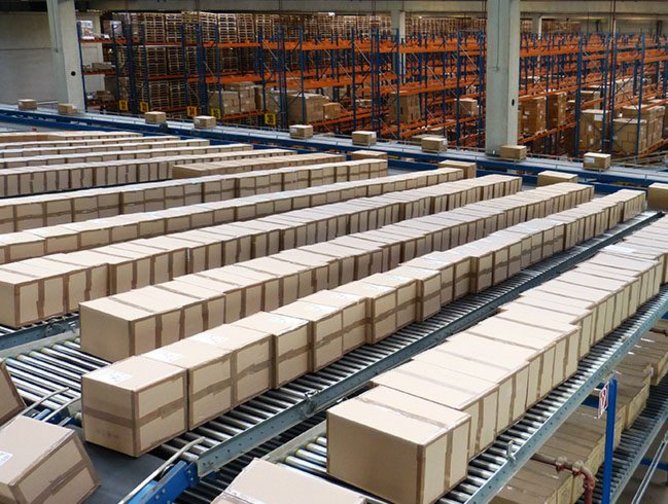
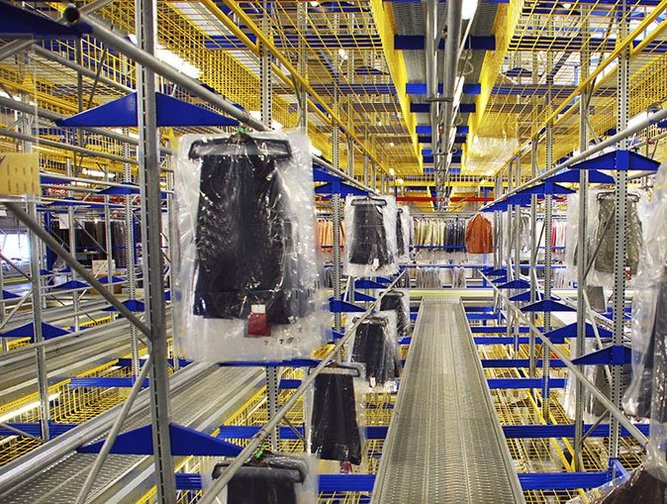
- The Home Depot is Enhancing CX thanks to Google CloudTechnology
- Could Schneider’s Offshore Charging Transform Shipping?Sustainability
- Top 10: Women in Supply Chain and Procurement in APACProcurement
- Dumarey Streamlines Suppliers with BearingPoint and JAGGAERSupplier Relationship Management (SRM)

